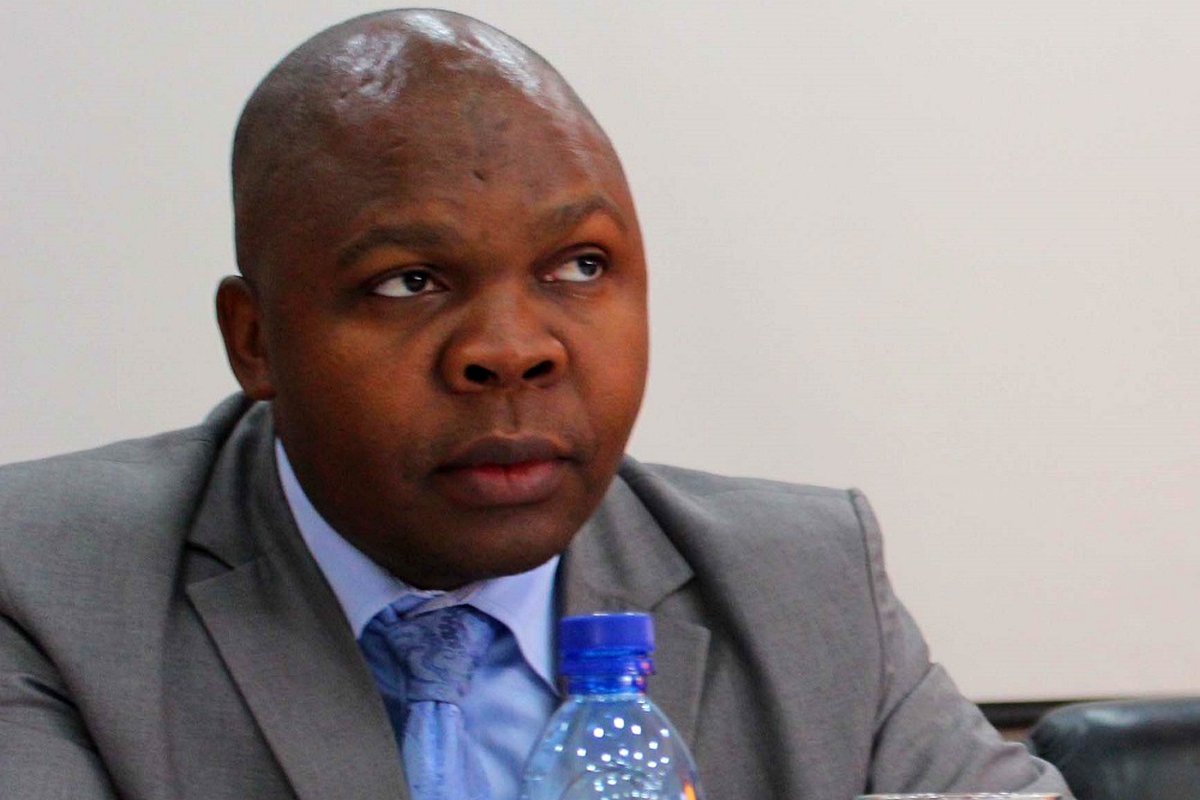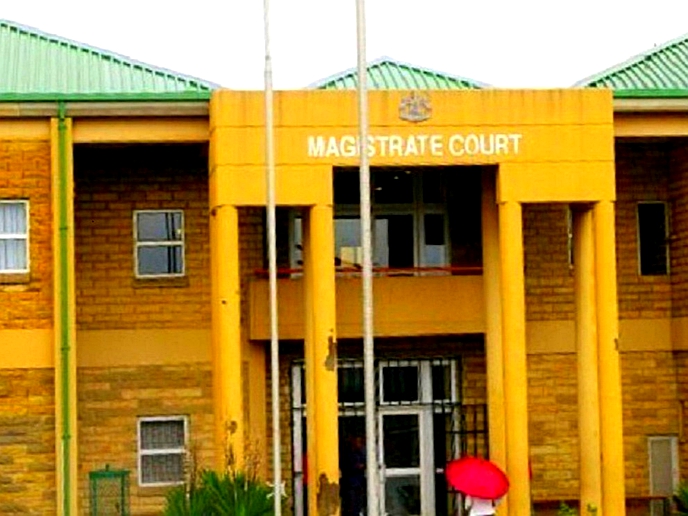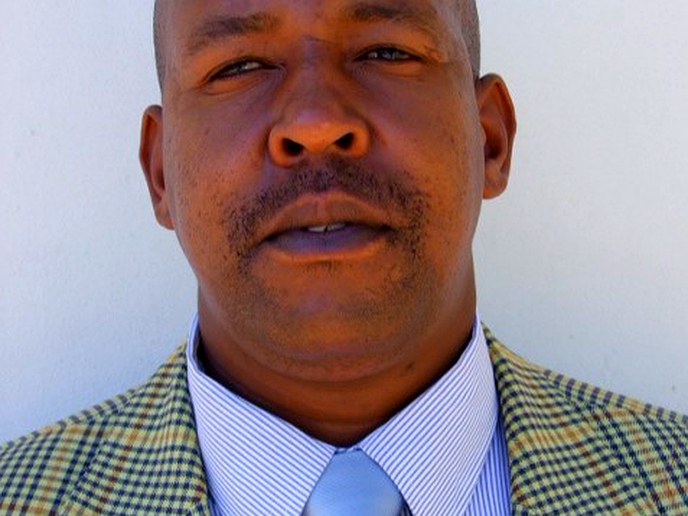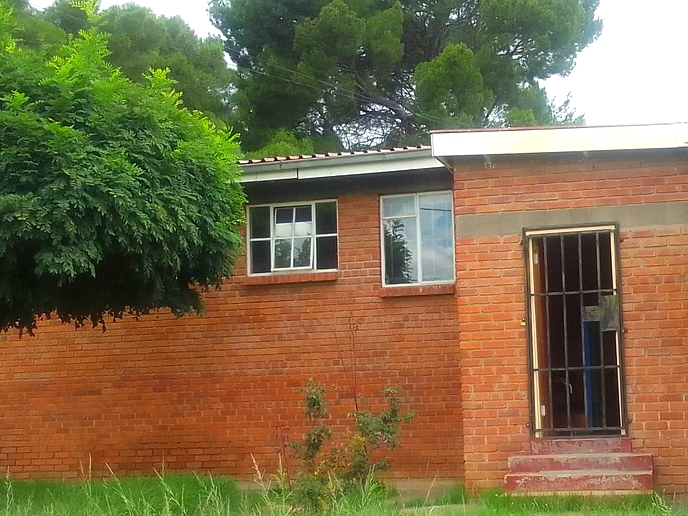THE World Bank has commended efforts by Lesotho for implementing an inclusive digital identity system.
news
April 12, 2021
STAFF REPORTER
4 min read
World Bank lauds Lesotho on digital ID

PS Home Affairs Tumelo Raboletsi
With a database and management system built on biometric technology, the Lesotho government has been able to document 85 percent of the 1.4 million population since the project began in 2013, well ahead of the Sub-Saharan African average of 71 percent, as of 2017 statistics.
Birth registration lags somewhat behind the national digital ID system, however, with the births of just under half of children under 5 years old registered, as of 2018.
A report by Tumelo Raboletsi, Principal Secretary for Home Affairs and Rachel Ort, Public Sector Specialist, World Bank, a drive for national digital identification, especially for those previously undocumented, has picked up pace in Lesotho as trusted and inclusive identity systems have been shown to expand financial inclusion, improve access to safety nets, increase gender equality and boost economic opportunities as shown by a 2018 World Bank report by the World Bank.
The Department of National ID and Civil Registry (NICR) partnered with three government ministries to invest in a mobile biometric registration kits in waterproof suitcases that included all the technology necessary to register citizens in remote communities in their own homes.
This initiative is intended to reach the 200 000 people remaining without the Lesotho national digital identity. A further 6 187 people became documented this way from June to October, 2020, with government staff traveling by horseback.
The cornerstone of civil registration (CR) and identification in Lesotho is the National Identity Register (NIR), which is underpinned by a digital database and identity management system that uses biometric technology to confirm the uniqueness of identities.
The Ministry of Public Services is now using the ID to verify the authenticity and liveness of civil servants and civil pensioners; while the Ministry of Finance is using the system to verify pensioners’ eligibility. A similar initiative was put in place for pensioners in India last year.
Lesotho’s programme is already generating fiscal savings, and the continuous efforts in the program will improve access to private sector financial services, while promoting public trust in government, the World Bank says.
“By putting people at the centre, Lesotho’s Department of National ID and Civil Registry (NICR) in the Ministry of Home Affairs is laying a solid foundation for a simpler, more efficient government. Trusted and inclusive identification systems have been shown to reduce poverty and inequality, foster financial inclusion, facilitate safe and orderly migration, improve public sector efficiency, and more,” says the report.
Enjoy our daily newsletter from today
Access exclusive newsletters, along with previews of new media releases.
The report further shows that in order to provide the greatest benefit to citizens, both the civil registration and identification systems must be accessible to all.
With close linkages between the NID and the civil registration system, Lesotho has made great strides providing its population with a trusted, unique, and verifiable identity from birth to death. The national ID covers an estimated 85 percent of the eligible population (that is, a little over 1.2 million people of a total eligible population of 1.4 million), compared to the sub-Saharan Africa average of 71 percent. There are larger gaps to bridge for civil registration, with 44.5 percent of children under the age of 5 having had their birth registered in 2018 and a death registration rate of 38 percent in 2019.
The reports says: “Partnering with the World Bank, Ministry of Finance, Ministry of Public Service, and Ministry of Social Development, the NICR invested in mobile registration technology that allows the Department to temporarily scale up capacity at its 10 district offices to meet demand and carry out registration drives outside their offices. These watertight suitcases contain all the equipment required to register a birth or issue a national ID anywhere in the country - including in someone’s home! Between 2018-2020, the Department expanded access to the ID among civil servants and civil pensioners. From June-October 2020, NICR staff travelled by horseback into rural areas with mobile registration kits, visiting the homebound and issuing 6187 new IDs.”
It continues: “The results of this initiative illustrate how investing in technology can help put citizens at the center of service delivery - increasing accessibility and improving user experience. Just as important, the expansion of national ID coverage is being used to improve the efficiency of public expenditure and increase public trust in the government’s stewardship of resources. The Ministry of Public Services is using the ID to verify the uniqueness and liveness of civil servants and civil pensioners. The Ministry of Finance is utilizing the ID system to verify the eligibility of Old Age Pensioners. These initiatives are already generating fiscal savings and helping promote trust and accountability in the management of public resources.”
Tailored for you






